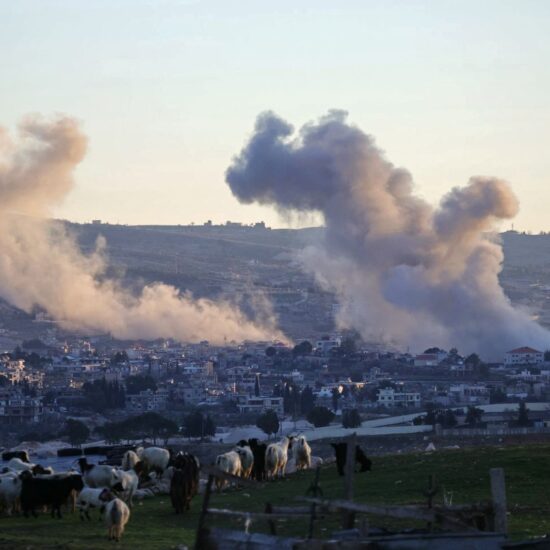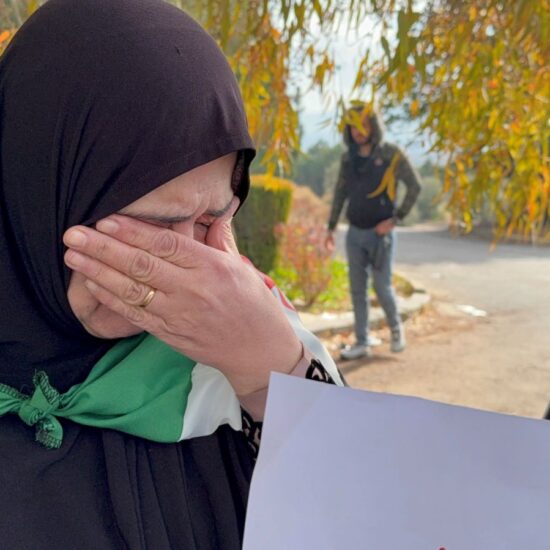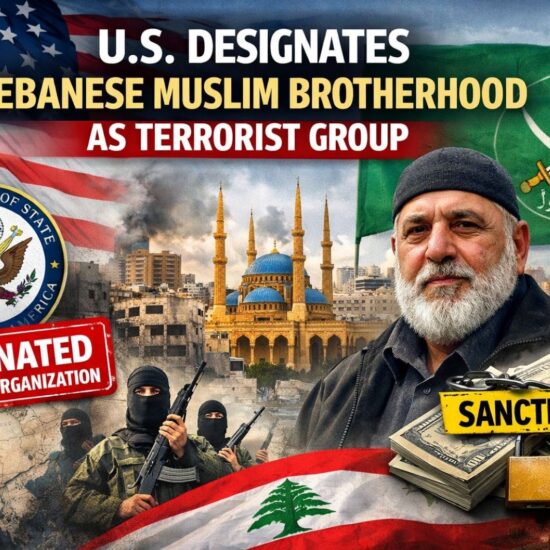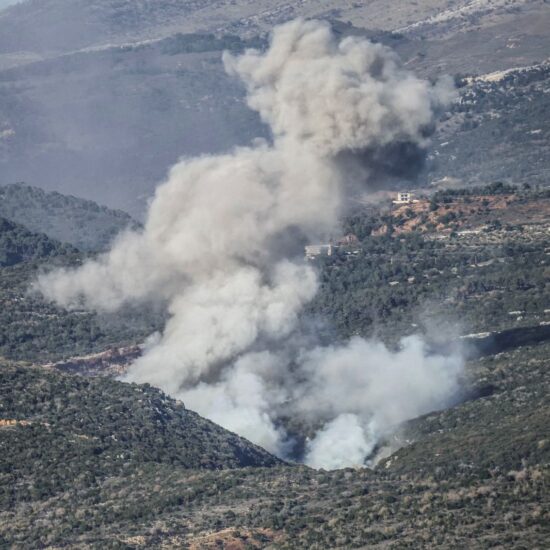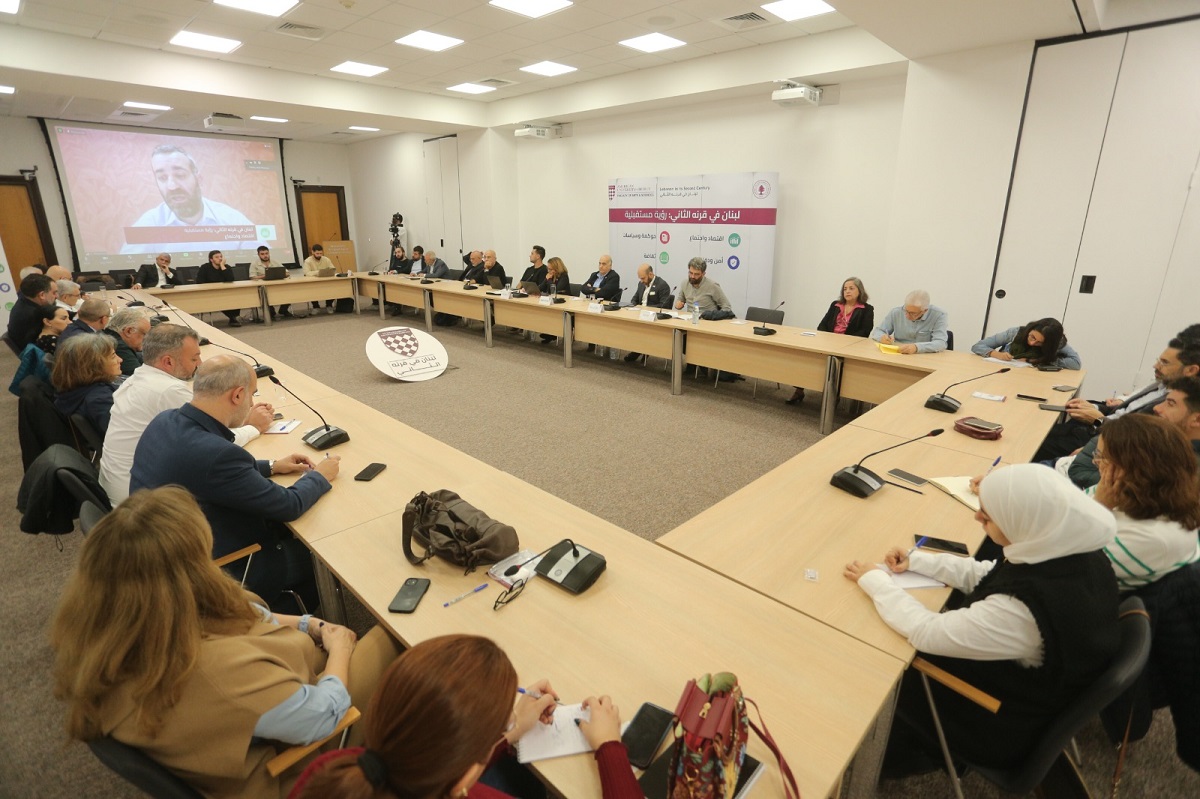
As the series enters its second month, Maan Barazy looks back at the main points of discussion brought to the table by the AUB’s Faculties of Arts and Sciences and History and Archaeology.
The series “Lebanon in its Second Century: A Vision for the Future” was initiated last month through the American University of Beirut’s Faculty of Arts and Sciences, and Department of History and Archaeology. These panels are scheduled to run until March 2024.
On the brink of Lebanon’s second millennium, the panels sought to craft a roadmap for reforms and a comprehensive plan of action. They focused on key areas such as “economic justice and socio-economic policies,” “governance and politics,” and “positioning Lebanon in a security context.” Discussions pondered Lebanon’s potential roles – as a refuge, a corridor, or a gateway – considering challenges related to sovereignty and socio-security parameters arising from the Syrian exodus. Additionally, the panels explored the intriguing question of whether culture could serve as a driving force for Lebanon’s identity.
As the first part of the series concluded, discussions converged on evaluating Lebanon’s first millennium, including its institutions, productive sectors, and financial status. Key topics raised during the workshops revolved around the potential for the second millennium to usher in a form of governance ensuring social justice for all. Deliberations also tackled the need to reverse the deliberate depression that led to the disintegration of key pillars of Lebanon’s post-civil war political economy, including its once vibrant financial sector. Questions were posed about whether a second millennium strategy could prevent a collapse of basic public services, persistent internal political discord, and mass brain drain. The imperative of addressing social justice and building a solid safety net was emphasized. Lastly, discussions delved into the security reforms required for Lebanon to achieve full sovereignty, a goal threatened by the massive exodus of Syrians and the controversial situation of its security forces.
Speakers unanimously acknowledged that, four years into the economic and financial crisis, Lebanon’s macroeconomic framework remains severely impaired. The absence of a comprehensive crisis resolution plan poses a significant obstacle to feasible long-term investments, risking further erosion of the country’s physical, human, social, and natural capital. With sovereign debt standing at 179.2 percent of GDP in 2022, the situation is exacerbated by sharp currency depreciation and economic contraction, necessitating comprehensive debt restructuring.
Before the current conflict, the World Bank projected economic growth to expand by 0.2 percent in 2023, marking the first growth since 2018. However, the onset of the conflict disrupted this trajectory. The deadlock in negotiations with the International Monetary Fund over fiscal and taxation reforms and a recovery plan for the stagnant banking sector, coupled with the impact of volatile drivers such as consumption growth from a robust summer tourism season and increasing dollarization, contributed to tepid growth. With the onset of the current conflict and the absence of broader economic stabilization, Lebanon’s economy is now projected to be back in recession in 2023 and 2024. Macro-economic imbalances persist, with the current account remaining in a sizeable deficit of 12.8 percent of GDP. Speakers concurred that despite the negative outlook and the continuing economic meltdown, there is widespread recognition that the economic model adopted for decades needs to change.
The need for a new social contract
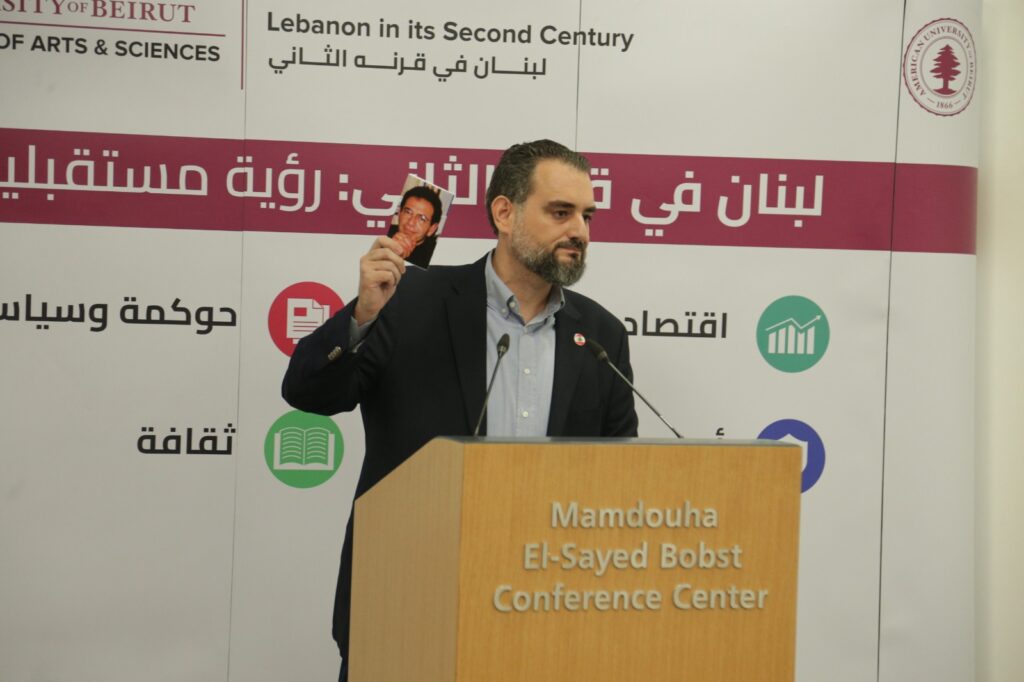
Lebanon requires a new social contract, an endeavor that is unattainable without societal reconciliation effectively addressing remnants of the past and obstacles impeding societal progress. A proposed initiative involves replicating the Lebanese socio-economic model outlined in the Copenhagen Declaration on Social Development and its Programme of Action from 1995. This Declaration is fitting for embodying such principles as it represents a unique consensus on four crucial objectives of social development: eradicating poverty, promoting full and productive employment, fostering social inclusion, and providing a holistic approach to achieve these aims. Constructing a sustainable and transparent social contract hinges on bridging fundamental gaps within Lebanese society, exacerbated by polarizations, sorting, and divisions fundamentally influenced by the political situation.
Shelter or sovereign frontiers
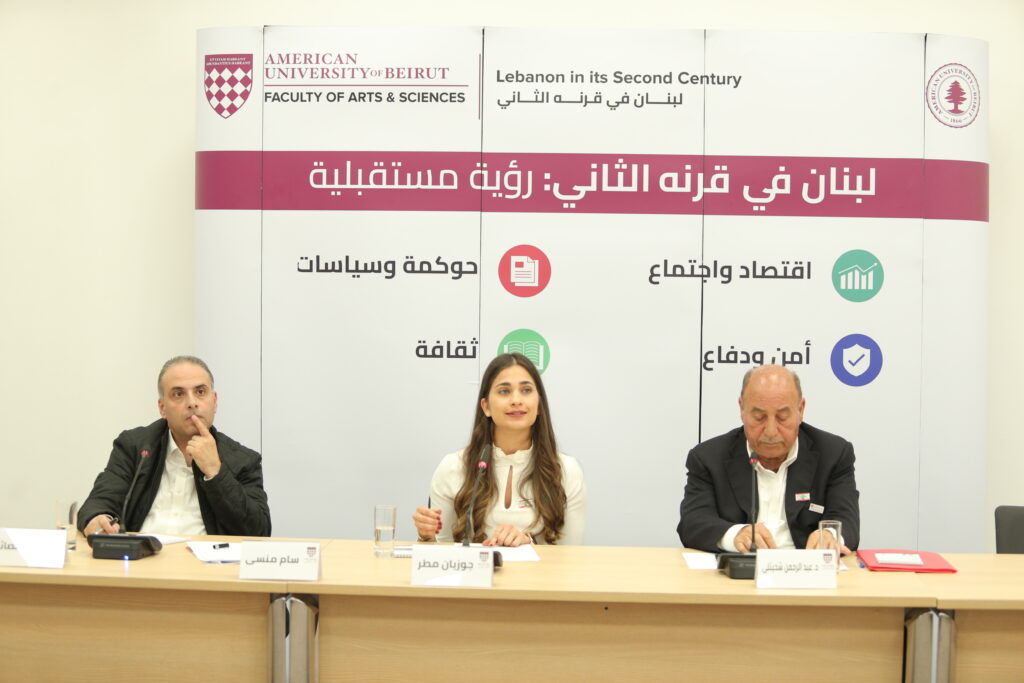
Lebanon in its Second Century: “LEBANON A REFUGE, A CORRIDOR OR A RESIDENCE?”
The onset of the second millennium is raising significant concerns regarding Lebanon’s sovereignty. While pondering its role in the region as a gateway for refugees or a corridor for geopolitical tensions, one can question whether the nation has truly fulfilled its role as an independent autonomous state. Economic challenges have plunged Syrians in the country into poverty, with over 90 percent of refugees depending on humanitarian assistance for survival. Consequently, addressing this issue involves finding solutions such as international guarantees for the safe return of Syrian refugees to designated safe zones, prompting a call for an Arab League meeting to deliberate on the matter.
Speakers unanimously acknowledged the imperative for the second millennium to establish an institutional support framework for Lebanon. They stressed the simultaneous need for reform in the security sector, recognizing that this cannot be achieved in isolation from the broader process of a genuine democratic transition to a modern state and national reconciliation – two pillars that Lebanon has thus far struggled to realize. Despite ongoing changes in the state’s security structure,
Culture as a driver for Lebanon’s identity

Lebanon in its Second Century: Culture as a drive for Lebanon’s Identity
The panel emerged as one of the most controversial in the series, aiming to explore the existential threats to Lebanon’s identity by understanding its cultural model. Also under scrutiny is the issue of Lebanon’s specific mosaic cultural model and its prevailing core values, which have fostered a unique culture of openness and tolerance, rendering it an “oddity” in its neighborhood.
In this context, Lebanon’s cultural model requires preservation as it navigates an uncertain future in terms of freedom and tolerance, especially amidst the rise of authoritarian regimes in the Middle East. This raises crucial questions, particularly about the impact of the political environment on Lebanon’s cultural identity, clouded by a fragile socio-political consensus over Lebanon’s sovereignty. This narrative also explains the influence of sectarian politics on Lebanon’s culture and the subsequent challenges of political engagement.
At the dawn of the second millennium, Lebanon stands at a crossroads between collective identity building and border/boundary delineation. The essence of the conflict in cultural attachment stems from a profound understanding of Middle East identity, he said. Many Lebanese resist transcending their roots to a Phoenician affiliation narrative, while others reject attachment to Arabism. The professional layer of Lebanese society has become multinational in character, balancing its interests and lifestyle along these two vectors.
Seemingly, the Lebanese must build a consensus between affiliating themselves with a culture belonging to the Mediterranean Sea – rooted in Roman laws and the philosophy of Greece – or looking towards the East.
Governance and economics
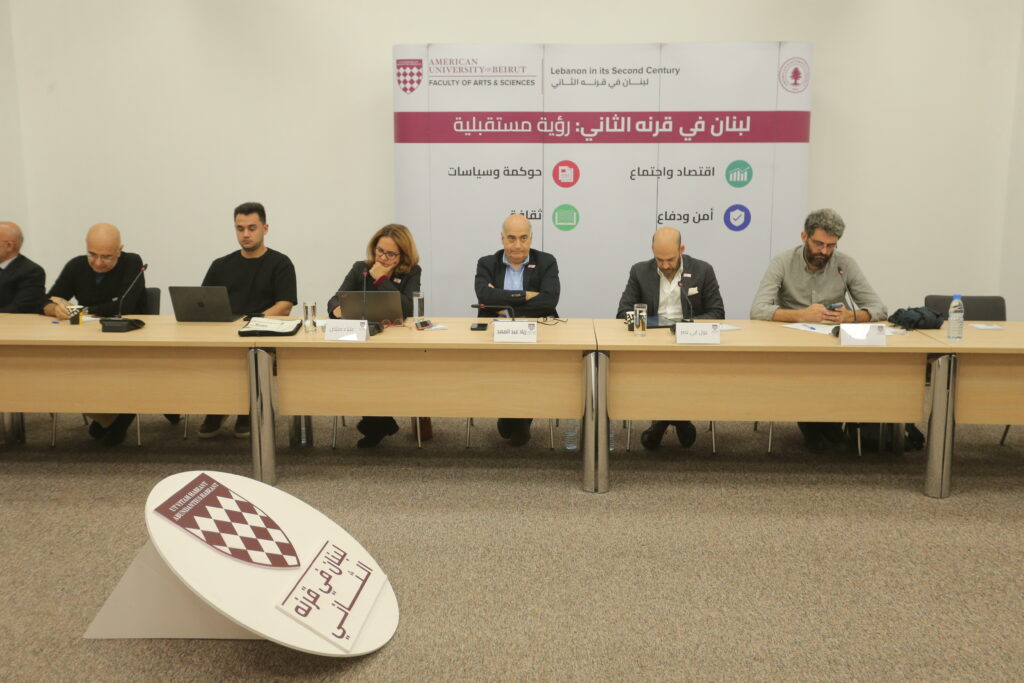
“Reconstructing Lebanon’s productive economy” The fifth session of AUB seminars series: “Lebanon in its Second Century: A Forward Vision,” By NOWLEBANON
The Governance and Economics cluster agreed on the necessity of a competitive business environment for the forthcoming millennium. This model must also delineate a productive economy, primarily relying on a fiscal policy that incentivizes investment by imposing higher taxes on rentier-based income rather than on wages. Additionally, it requires targeted government spending on sectors supporting production, such as electricity, internet, and education.
Furthermore, the model calls for a monetary policy that dismantles banking monopolies, introduces new players to the Lebanese market, and sets limits to the Central Bank’s speculation that has supported rentier policies for sectors and monetary policies. On a broader scale, there is a need to reevaluate external trade agreements, especially those involving the service sector. Establishing a competitive business environment entails abolishing monopolistic laws like the Exclusive Agencies Law, enacting anti-trust laws with efficient regulatory bodies for enforcement, stimulating private sector involvement, state participation in investment, and supporting startups. All these initiatives necessitate political will for change and competent institutions capable of implementation.
Crucially, fundamental changes to bank supervision and the conduct of monetary and exchange rate policies are still pending. The ongoing absence of an equitable banking resolution, incorporating upfront allocation of losses, bail-ins, and restructuring, continues to undermine prospects for recovery. A law for banking restructuring remains dormant in the parliament.
Where do we go from here?
In technical terms, the panels are slated to recommence with a new set of recommendations in the upcoming weeks. It is anticipated that these recommendations will analyze the spillover effects from the ongoing conflict centered in Gaza, posing another substantial shock to Lebanon’s fragile growth model. Assuming the current containment in the military confrontation at the southern borders persists, a scenario analysis assessing the effect of the drop in tourism spending on economic growth predicts that real GDP will contract by 0.6 percent to 0.9 percent, according to World Bank figures.
The draft budget suggests a VAT increase from 11 to 12 percent, a reduced deficit of $480 million from last year, and an incremental salary boost for public sector workers. The proposal indicates a shift towards collecting taxes and fees in dollars. However, even as reforms and debt-restructuring negotiations begin and multilateral funding starts to flow, the recovery is expected to be slow and partial in 2024-28. This reflects the depth of the ongoing economic, currency, financial, and debt crises, along with the impact of hyperinflation and regional and domestic political instability on domestic demand.
Without the implementation of a comprehensive crisis resolution plan, long-term investment remains unfeasible, and a suitable business environment for any model cannot be applied. Consequently, the country’s physical, human, social, and natural capital will face further erosion.
Maan Barazy is an economist and founder and president of the National Council of Entrepreneurship and Innovation. He tweets @maanbarazy.
The views in this story reflect those of the author alone and do not necessarily reflect the beliefs of NOW.





